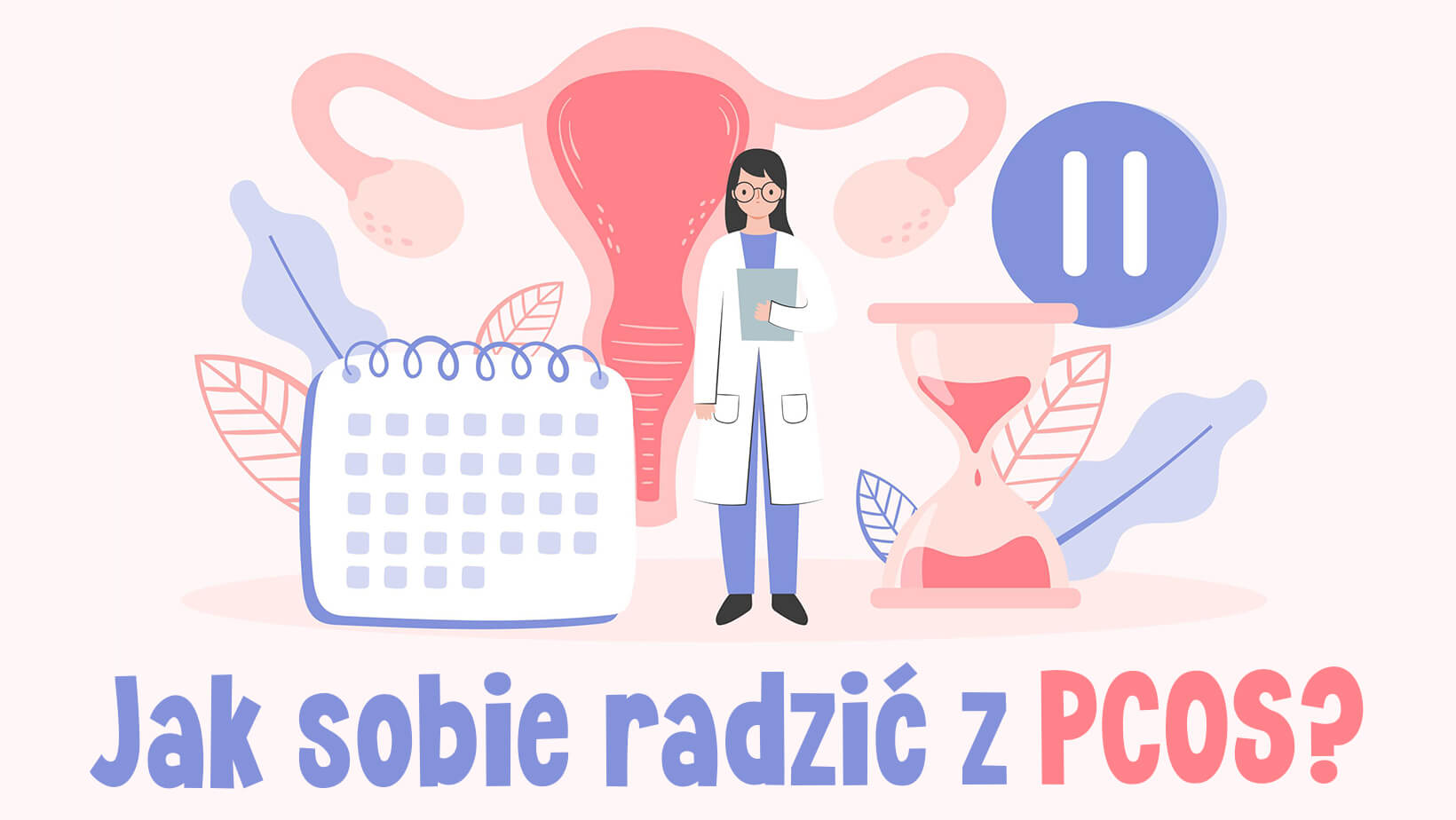
Weight problems often stem from more than just a poor diet. Various medical conditions can be the culprits. Many people suffer for a long time before receiving a diagnosis, often discovered incidentally during unrelated examinations. It's crucial to be aware of potential factors affecting our health. Today, I'll discuss a condition that affects many women, often without their awareness: Polycystic Ovary Syndrome (PCOS). Here, you will learn about its symptoms and how to manage it through diet and lifestyle changes.
Polycystic Ovary Syndrome (PCOS) is a hormonal disorder characterized by the overproduction of androgens, which are hormones responsible for the proper functioning of the reproductive system. These hormones are present in large quantities in men but are also essential in small amounts for women's health. Elevated levels of androgens can lead to PCOS.
In women with PCOS, egg cells do not mature properly and are not released during ovulation. Instead, the ovarian follicles die and form cysts, which should not be confused with tumors. These cysts often disappear on their own without treatment. Because the egg cells do not mature, women with this condition cannot conceive, making PCOS often diagnosed when investigating infertility.
PCOS symptoms vary widely among individuals, significantly impacting the quality of life and mental well-being. Common symptoms include irregular menstrual cycles or the absence of ovulation, infertility, prolonged premenstrual syndrome (PMS) with anxiety, mood swings, and irritability, which can lead to depression.
Excess androgens may cause the development of male characteristics such as increased body hair and male-pattern baldness. Skin problems like acne, oily skin, seborrhea, and dark skin patches (acanthosis nigricans) are also common.
PCOS is often accompanied by overweight or obesity, particularly in the lower abdomen. Many women with PCOS also experience high insulin levels and insulin resistance, leading to type 2 diabetes. Other associated conditions include dyslipidemia, hypercoagulability, hypertension, and glucose intolerance. Chronic pelvic pain is also reported by some women.
The primary goal of PCOS treatment is to alleviate symptoms and prevent long-term consequences. Consultation with a doctor is necessary to start treatment, which may include hormone therapy and medications like clomiphene for ovulation issues and metformin for insulin resistance. Dermatological problems may be treated with medications such as cyproterone acetate. Lifestyle changes and a proper diet are crucial components of effective PCOS management.
Dietary therapy for PCOS aims to control body weight and manage carbohydrate metabolism and lipid profile. It's essential to determine if weight loss is needed and diagnose insulin resistance through appropriate tests. This is especially important for women planning to conceive, as proper metabolic parameters are crucial.
PCOS is associated with lipid metabolism disorders, necessitating a low-fat diet, particularly low in saturated fats. Cholesterol intake should be minimized, while unsaturated fatty acids should be included. The benefits of omega fatty acids are still debated, but they are not shown to have negative effects.
The glycemic index (GI) indicates how much a food raises blood sugar levels. Foods with a high GI cause rapid insulin spikes, leading to decreased insulin sensitivity and potentially insulin resistance. High-GI foods include simple sugars found in sweets and some fruits. Complex carbohydrates found in whole grains and legumes are better choices, helping regulate menstrual cycles in women with PCOS.
Protein is essential for women trying to lose weight as it boosts metabolism. High-quality protein also improves metabolic parameters. Plant-based proteins, such as those from legumes, are especially beneficial for women with PCOS.
Adhering to basic weight loss principles is essential. Maintaining a natural circadian rhythm is important for hormone regulation. Key tips include:
Breakfast (477 kcal)
Second Breakfast (356 kcal)
Lunch (595 kcal)
Afternoon Snack (214 kcal)
Dinner (391 kcal)
Managing PCOS often involves weight reduction. A diet with a moderate calorie deficit, high protein content, and low in saturated fats is beneficial. In addition to dietary changes, support from healthcare professionals, including doctors, dietitians, and personal trainers, is crucial. Appropriate medications, a balanced diet, and physical activity can alleviate symptoms and prevent long-term complications, increasing the chances of conception. Always prioritize your health and take action immediately!